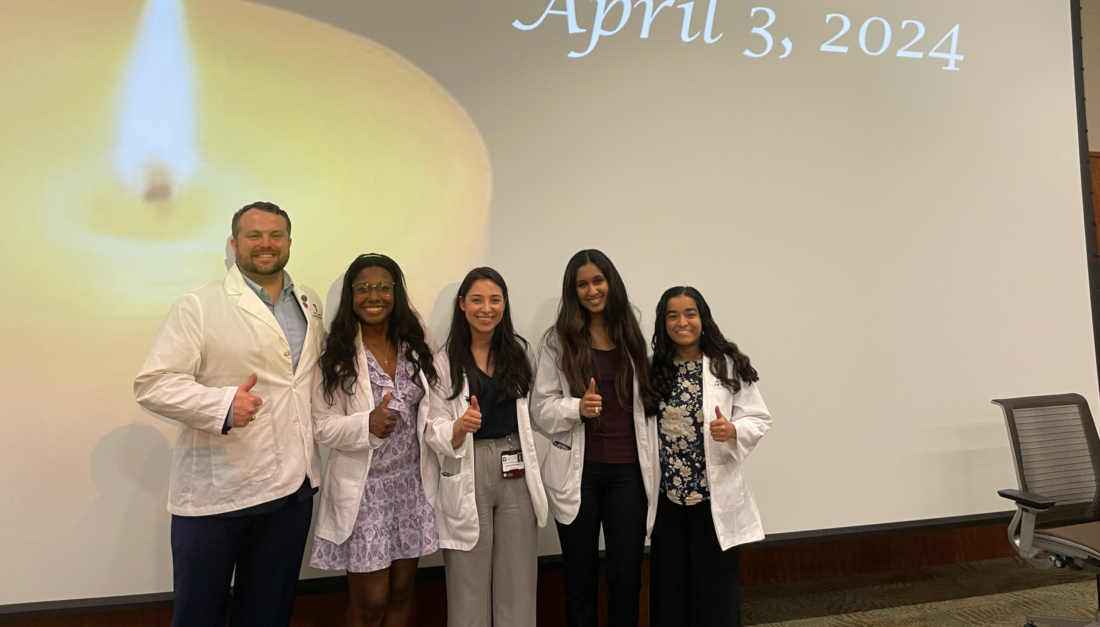Prepare for hurricanes before they make landfall
Hurricane season, which runs annually from June 1 to Nov. 30, is now under way, so there’s no better time to have a plan, take stock of necessary items and safeguard your health.
And, it all begins with a first aid kit.
“Don’t neglect your first aid kit until the last possible moment. Check its supplies at least every three months during normal weather conditions,” says John Simmons, M.D., assistant professor of family and community medicine and Texas A&M Physician at the Texas A&M Health Science Center College of Medicine. “During hurricane season, a first aid kit needs to be more than adequately stocked, as it is your first line of defense against minor injuries, bleeding and possible infection.”
Dr. Simmons offers other preparation tips:
- Always have plenty of bottled water and non-perishable food. Estimate using at least one gallon of water daily per person for three to seven days.
- Stock up on toilet paper and necessary toiletries. Disinfecting wipes, hand sanitizer, liquid detergent and chlorine bleach will help keep things clean in a potentially messy situation.
- Stock the first aid kit with plenty of bandages and elastic wrap, soap, gloves, antiseptic solution and non-prescription medicine like aspirin and non-aspirin pain relievers. Don’t forget a thermometer, tweezers and scissors.
- Fill your prescriptions ahead of time, and prepare a list of your medications, dosages and allergies. Store insulin and any liquid antibiotics on ice during prolonged power outages. Also, make sure medical insurance and Medicare cards are in a safe place.
- Remember diapers, wipes and other special items for children. Have plenty of formula, medicines and sanitized bottles for babies and infants.
- Have an extra pair of eyeglasses or contacts with the proper cleaning solution. Don’t forget hearing aid batteries, wheelchair batteries and oxygen, if necessary.
“Taking time now to prepare will help ensure your health and safety in the event of a hurricane,” Dr. Simmons says. “Small steps like these can potentially save a life.”
Media contact: media@tamu.edu


